The clandestine Irish War News on Tuesday, April 25, 1916 stated ‘The Irish Republic was proclaimed in Dublin on Easter Monday, April 24, at 12 noon. Simultaneously with the issue of the proclamation of the Provisional Government the Dublin division of the Army of the Republic, including the Irish Volunteers, Citizen Army, Hibernian Rifles, and other bodies occupied dominating positions in the city. The GPO was seized at 12 noon, the Castle attacked at the same moment, and shortly afterwards the Four Courts were occupied’. The proclamation, the title deed of the Republic, then established, was signed on behalf of the Provisional Government by seven men, five of whom, P. H. Pearse, James Connolly, Joseph Plunkett, Thomas J. Clarke and Seán Mac Diarmada were to remain in the GPO or contiguous buildings until the surrender on Friday 29 April. Others who left a mark were Michael Collins, ADC to Joseph Plunkett, The O’Rahilly, Seán T. O’Kelly, a future President of Ireland, Seán Lemass, a future Taoiseach, and Desmond FitzGerald, a future minister. The garrison, apart from occupying the GPO, occupied nearby buildings including the Hotel Metropole, the Imperial Hotel and the Dublin Baking Company from which supplies of bread were commandeered by the commissariat.
The proceedings of Easter week are well known but little is known of the men and women who formed the garrison. Jimmy Wren has now filled that lacuna with the results of some thirty years of intensive research. He is well-qualified to chronicle the lives of these brave young men and women. His father, James, and cousins Paddy and Tommy Mahon, were members of the GPO garrison. A native Dubliner, he has spent his life researching the city’s history. Apart from oral sources and the reminiscences of people he knew from his childhood he has trawled the newspapers searching diligently for obituaries of the forgotten people. Many, but not all, signed the Roll of Honour in the 1930s. The Bureau of Military History was an invaluable source, although not everyone who was in the garrison came forward to record their roles. The recent release of the Service Pension Records has added new people to his list.
Previous estimates by Diarmuid Lynch and Fr. John Heuston, have now been greatly augmented. Jimmy Wren has arrived at a figure of 572. This is not an arid list but a comprehensive biography of all of these. Addresses, occupations, political involvement, Gaelic League and GAA membership, both before and after the Rising, are detailed as he brings the men and women who answered the call from the cradle to the grave. We now know the side, if any, they took in the Civil War and their subsequent station in life after the great excitement of their young days had subsided. Some emigrated, some died prematurely from illnesses brought on by imprisonment, some became political figures in the new state but the great majority remained, as they had been before the cataclysmic event of their lives, as ordinary men and women who rarely spoke about their experiences.

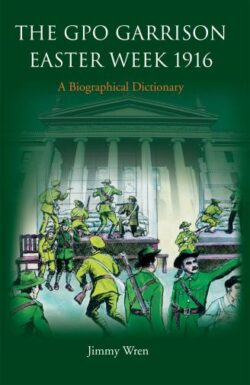
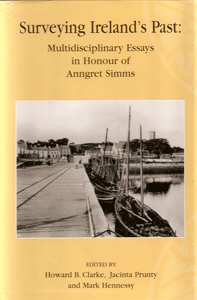
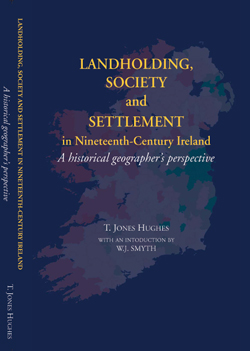
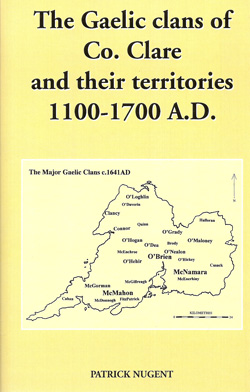
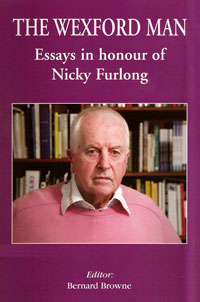
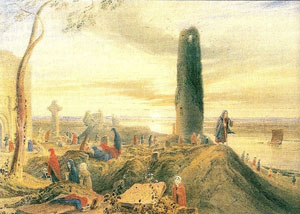
There are no reviews yet.